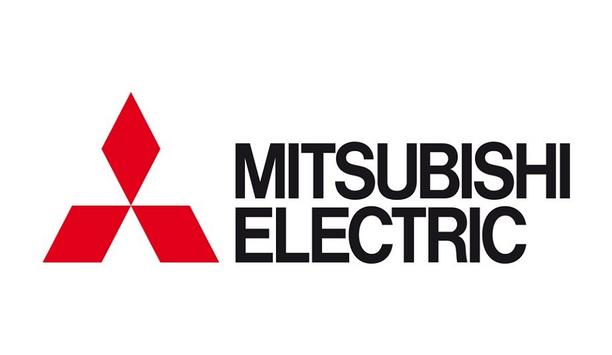Homeowners who have experienced flood damage from the recent hurricanes and tropical storms are advised to take important safety precautions about their home’s heating and cooling systems, according to the Air-Conditioning, Heating, and Refrigeration Institute (AHRI), the trade association representing manufacturers of HVACR and water heating equipment.
“Standing water in a yard, house, or basement can damage a home’s heating, cooling, and water heating equipment in ways that are not always readily apparent, putting families at risk,” said AHRI President & CEO Stephen Yurek. “We advise homeowners to play it safe and replace, rather than repair, flood-damaged heating, cooling, and water heating equipment.”
The association has compiled a list of heating and cooling equipment for homeowners to consider replacing, if flood-damaged:
Heat Pumps and Air Conditioning Systems
Split air conditioning and heat pump systems have power and control wiring between the indoor and outdoor parts of the system, and piping through which refrigerant flows through the system.
Homeowners should have a contractor check the indoor and outdoor electrical and refrigeration connections
If flood water has repositioned either the indoor or outdoor units of a split system even by a small amount, there is a potential for refrigerant leaks. The system will then require major repair or full replacement. If the refrigerant system remains intact after the flood, the entire system should be cleaned, dried, and disinfected.
Homeowners should have a contractor check the indoor and outdoor units’ electrical and refrigeration connections, including all control circuits. The decision to repair or replace should be made after consultation with a qualified professional on a case-by-case basis.
Water Heating Systems
Regardless of whether a water heater uses gas, oil, or electricity, if it was exposed to flood water the unit should be replaced. In gas and oil units, valves and controls can corrode. In an electric unit, the thermostat and controls can corrode.
In all types, the insulation surrounding the unit will likely be contaminated and will be nearly impossible to disinfect. In addition, the insulation takes a great deal of time to dry and can lead to corrosion of the tank from the outside.
Valves
For natural gas water heaters, the gas supply line to the appliance must be inspected to ensure it does not contain any standing or pooled water. This inspection must be done at the lowest point of the gas distribution system inside the dwelling, which may not be the drip leg for the appliance. Those who are unsure of the proper way to perform this inspection should seek professional assistance.
A new water heater is a relatively small investment, and replacing it is fairly easy to do
Even if water heater components have been cleaned and the unit seems to operate properly, parts may corrode in the future. Both gas and electric water heaters have a pressure relief valve that can corrode and stick after being exposed to flood water.
Homeowners should be sure, therefore, to replace this valve as well. A new water heater is a relatively small investment, and replacing it is fairly easy to do. If the water heater was more than five years old, the chances are good that a new unit will be more efficient, which will save the homeowner money in the long run.
Ductwork
If a house under storm repair contains a central forced-air system, attention should also be paid to the ductwork. A contractor will not try to salvage duct insulation that has been in contact with floodwater but will replace it because it is impossible to decontaminate. The contractor also will clean, dry, and disinfect the ductwork itself.
A thorough job will require disassembling the ductwork, but the silver lining is that such repairs will allow the contractor to seal joints in the ductwork and improve insulation to reduce heating and cooling loss.
Inspecting and replacement work
AHRI recommends that all inspection and replacement work on flooded equipment be performed by qualified heating and cooling technicians, not by homeowners. “While flood damage can be a very traumatic experience,” Yurek said.
“Homeowners can turn misfortune into opportunity by considering new, energy-efficient models that will lower their future energy bills. They also should ask their local utility about available rebates for installing new, energy-efficient heating and cooling equipment, and a competent contractor will be able to advise homeowners about equipment eligible for federal tax credits or state energy rebates.”

















